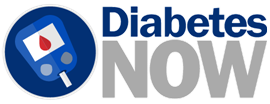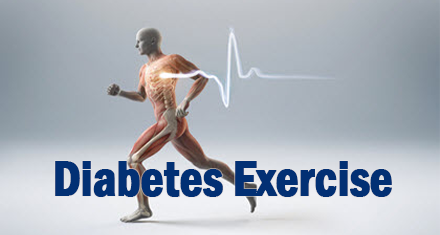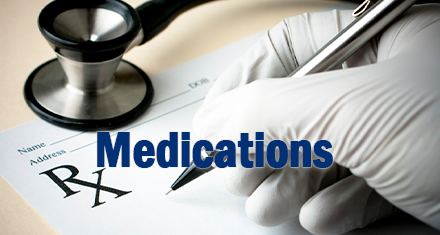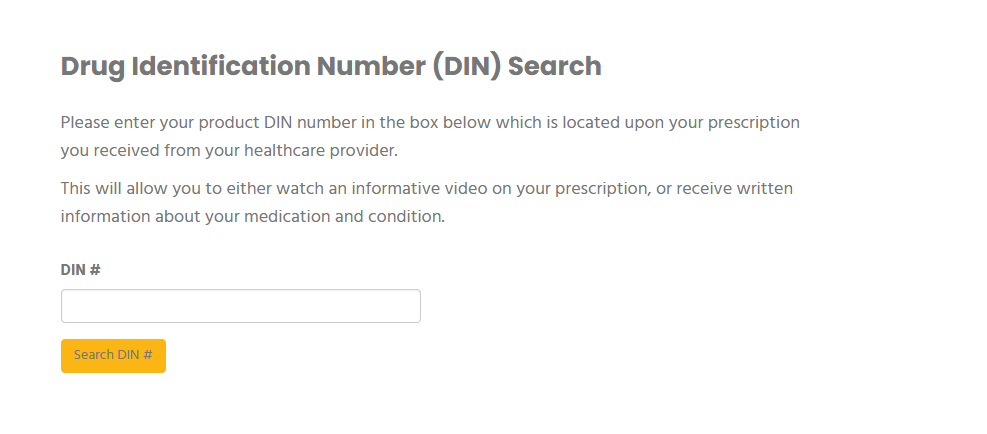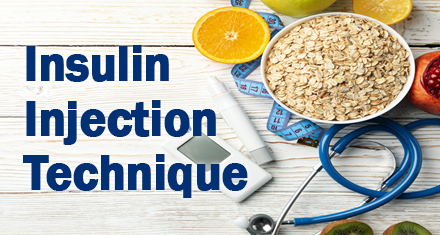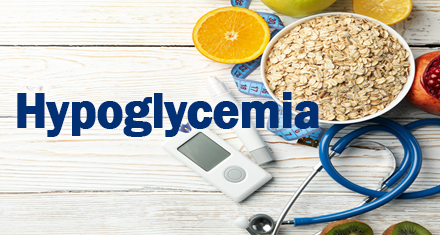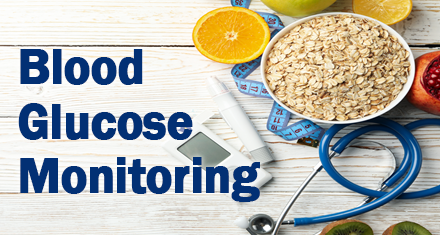Created by HealthCare Practitioners for the
Created by HealthCare Practitioners for the
Patients they Treat
Patients they Treat
Dr. Jean-Francois Yale Understanding The Symptoms of Hypoglycemia
Hypoglycemia is usually when we don't have enough sugar in the blood. And the sugar is important to make our different organs function well, like the muscles, the heart, and particularly the brain.
Categories Manage your diabetes with our resources
Le Dr. Pierre Filteau, MD, LMCC, CFPC/CMFC Parle des symptômes du diabète et de l'importance d'un bon contrôle de la glycémie.
Le diabète est une maladie chronique ou le sucre dans le sang est trop élevé. Le sucre va être trop élevé s’il n’y a pas de transporteur pour amener le sucre du vaisseau sanguin aux cellules du corps humain.
Smart Food Now

Healthy Food Choices
Learn More About Our Services for Patients
Dr. Akshay Jain, Endocrinologist, and Sarah Ware Registered Dietician, talk about the health benefits of beets in relation to diabetes management
“Beets, also known as beetroot, are a versatile vegetable that offer culinary and nutritional benefits. The beet itself refers to the bulbous, purple portion of the plant, while the leafy greens are also edible and provide additional nutritional value.
